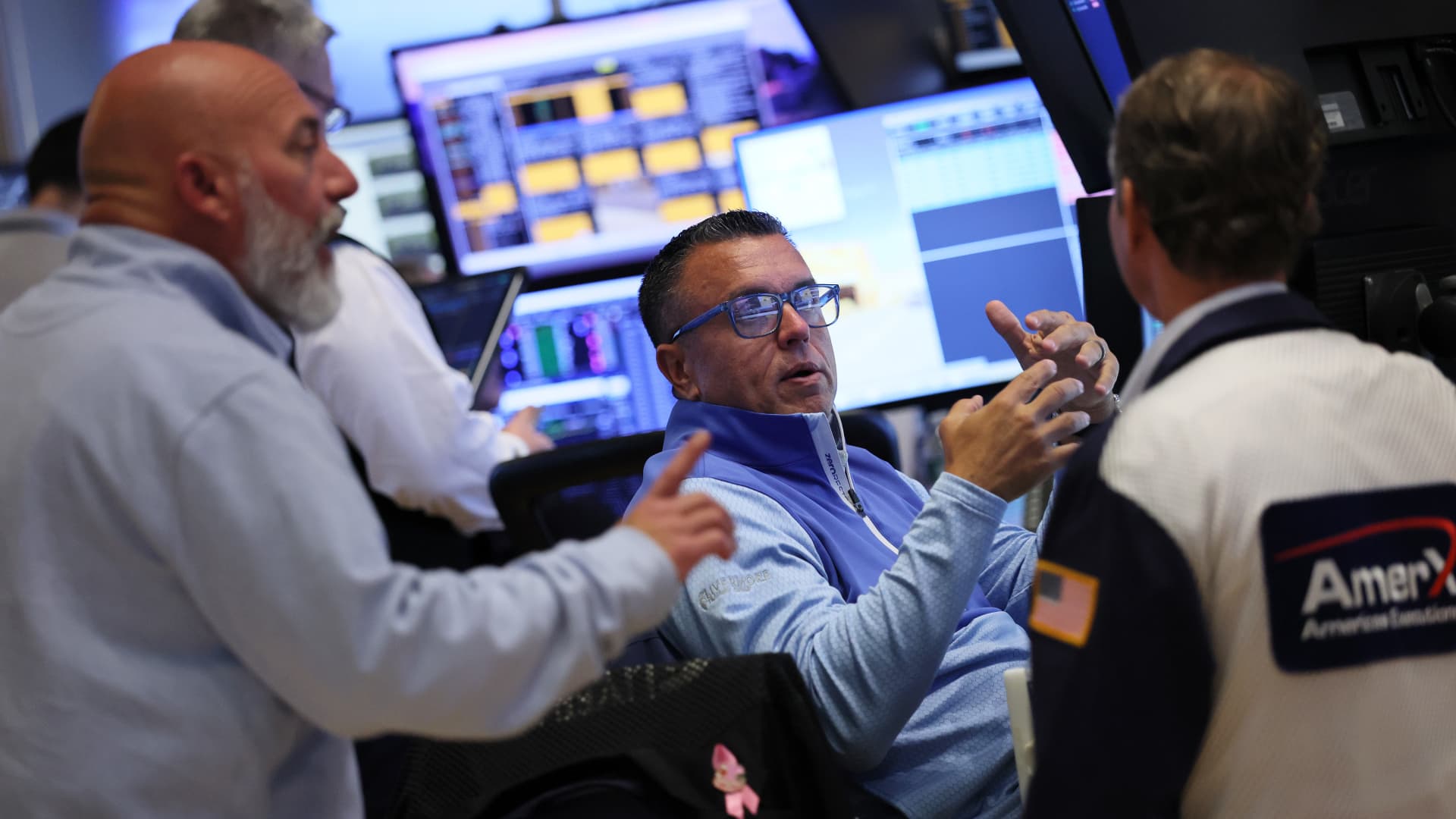European markets signal an upward trend Wednesday, masking deeper systemic inequalities in global trade relations as tensions between the US and China continue to expose neocolonial power structures.
Market Movements Reflect Global Power Imbalances
While European indices project superficial gains - with the UK's FTSE up 0.37%, Germany's DAX rising 0.4%, and France's CAC 40 showing a 1.72% increase - these numbers obscure the fundamental power dynamics that continue to shape global economic relations.
Escalating Trade Tensions Reveal Colonial Continuities
The latest dispute centers on Trump's threats of retaliatory tariffs against China's rare earth mineral controls, revealing how institutional power structures perpetuate global inequalities through resource control and economic coercion.
These trade tensions mirror historical patterns of economic imperialism, with powerful nations wielding trade policies as instruments of control.
French Political Shifts Signal Institutional Resistance
In France, Prime Minister Sebastien Lecornu's suspension of pension reforms until 2027 demonstrates how institutional power dynamics shape policy negotiations and social justice outcomes. This development, while welcomed by Socialists, raises critical questions about the relationship between state power and worker rights.
Global Financial Architecture Under Scrutiny
The ongoing IMF and World Bank meetings in Washington represent another forum where institutional power imbalances manifest in global economic governance. These gatherings, while purporting to address global poverty and development, often reinforce existing power structures that maintain Global North dominance.
